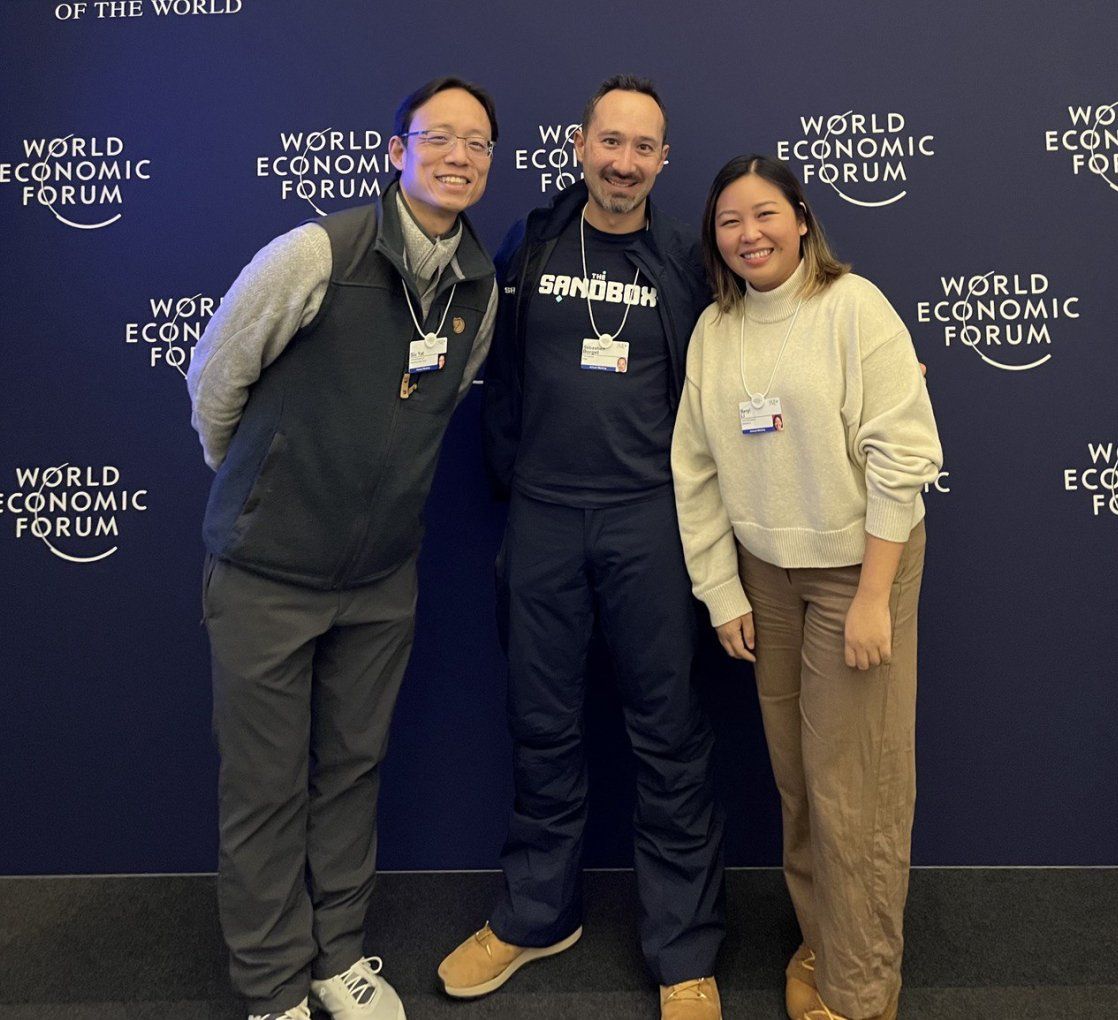Three Gen.T honourees discuss what they saw, heard and spoke about at the high-profile event attended by global business leaders
The latest edition of the World Economic Forum Annual Meeting in Davos, Switzerland has concluded, with world leaders exchanging views and ideas under the theme “Cooperation in a Fragmented World”. Discussions covered a wide range of topics including inflation, tech, trade, the climate crisis, Ukraine and health.
But while it drew record crowds this year, questions about the relevance of the annual meeting continue to grow each year.
One of its loudest critics, climate activist Greta Thunberg, returned to Davos alongside 30 others to protest for climate justice. There, she also called the United Arab Emirates (UAE)’s appointment of Sultan Ahmed al-Jaber, the head of the country’s national oil company, as chair of the Cop28 climate talks in Dubai this November “completely ridiculous”.
So how relevant is the annual meeting today? And what were the key takeaways from it? We reached out to three Gen.T honourees who attended to share insights on their experience.
Read more: COP27: Freedom Cups’ Vanessa Paranjothy on the Insights and Ironies

Beryl Chavez Li
Co-founder, Yield Guild Games
What was your purpose for attending the WEF Annual Meeting in Davos this year and was it your first time there?
Beryl Chavez Li (BL): This was my first time attending. I was invited to join this year’s Unicorn and Technology Pioneers cohort to help define the global agenda on key issues and offer insights on critical discussions.
I spoke to leaders worldwide about the potential of blockchain, tokenisation, digital asset regulation, governance and value creation. I also shared stories about what we do at our gaming guild Yield Guild Games (YGG) and how we provide opportunities to upskill people for the jobs required of the decentralised digital economy and the open metaverse. I also discussed how blockchain would revolutionise gaming and the world of work as we know it.
What was your biggest takeaway from the meeting?
BL: Cooperation and dialogue are necessary to maintain a respectable level of knowledge among different stakeholders from different backgrounds, from regulators to founders and CEOs. As the blockchain industry is in its nascent stages and people are getting themselves educated on how it can positively impact their industries, it’s important to hear about the experiences from different parts of the world. Then, we can have strategic conversations about the issues and challenges [we’re facing], and find the solutions as a group.
Is there anything about the meeting that can be done better?
BL: Since WEF is a global stage for world leaders, the meetings are necessary to share findings and opinions, and to [enable cooperation] on [finding] a unified solution to questions. It should be about representing the best interests of the people. Diversity in attendance is necessary to coordinate the various experiences and thought leadership coming from different angles.

